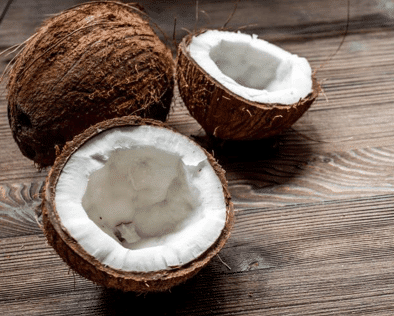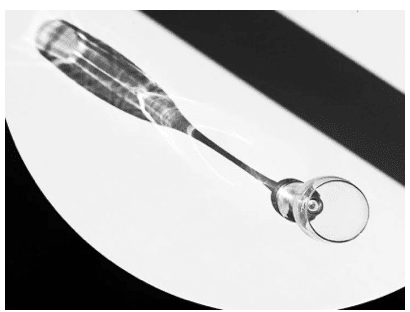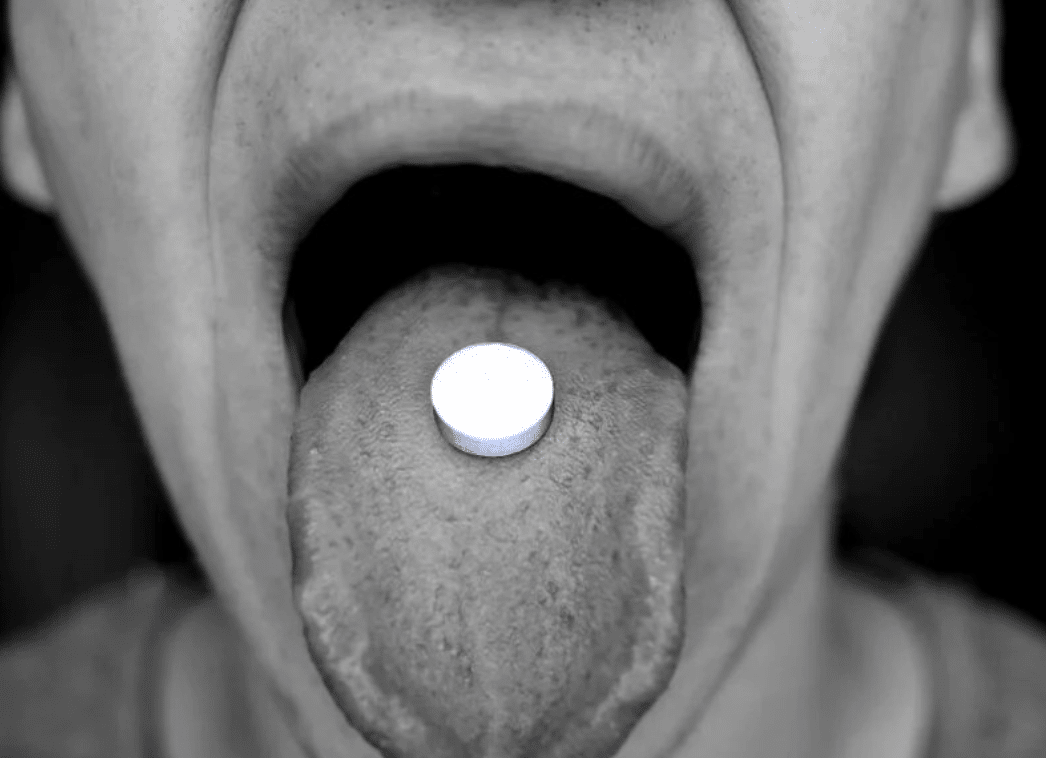The coconut isn’t just a delicious fruit — it’s also a versatile and nutritious one, at that. One of its health benefits, in particular, is its natural anti-depressant properties found in its husk. A study published in the Journal of Natural Medicines has suggested that the extract of coconut husk fiber can be used for treating depression.
The study, which was conducted by researchers from the Federal University of Ceará in Brazil, aimed to determine the effects of coconut husk fiber extract on depression, its antioxidant activity in the prefrontal cortex, hippocampus, and striatum, and on the levels of brain-derived neurotrophic factor (BDNF) in mice.
The researchers gave mice with distilled water or 50, 100, or 200 milligrams per kilogram (mg/kg) of coconut husk fiber extract, or with 400 mg/kg of vitamin E for a week. One hour after the last treatment, the mice underwent various behavioral tests: open field test, forced swimming test, and tail suspension test. Right after these tests, the researchers examined the mice’ neurochemical compositions.
The results revealed that administering 100 mg/kg of coconut husk fiber extract reduced the immobility time of the mice in the forced swimming test and tail suspension test, showing an antidepressant-like effect. The 100 mg/kg of coconut husk fiber extract also increased the levels of BDNF in the hippocampus of the mice.
All doses of coconut husk fiber extract reduced nitrite levels in all brain areas studied. In addition, the administration of coconut husk fiber extract reduced malondialdehyde levels in all doses and brain areas studied, except the dose of 50 mg/kg coconut husk fiber extract in the hippocampus.
Based on the findings of the study, the researchers concluded that coconut husk fiber extract can be used for the treatment of depression, probably because of its antioxidant and neurotrophic effects. (Related: Plant-based diets and exercise can treat moderate to severe depression and anxiety.)
Other plants with antidepressant effects
In addition to coconut, there are other plants with antidepressant effects. Here are some of them:
- Chamomile: People with both anxiety and depression can benefit from chamomile. Research has shown that it can significantly reduce anxiety in people with Generalized Anxiety Disorder.
- Lavender: For centuries, the oil of lavender plant has been used as an inhalant. Its aroma is often inhaled for treating anxiety and depression because it has a sleep-inducing and calming effect.
- Maca: In Peru, maca has been traditionally used to treat depression in men and women and to stimulate libido. In a study published in the journal Menopause, it has been found that this herb helps reduce anxiety and depression symptoms in women with menopause.
- Saffron: This spice is derived from a dried portion of a crocus, which is a flower in the iris family. Taking saffron stigma, which is the end of the carpel in the flower, has been shown to be effective in treating mild to moderate depression, according to a study in Alternative Medicine Review.
- St. John’s wort: Native to Europe, western Asia, and northern Africa, St. John’s wort is commonly taken to treat depression. Research has shown a link between this herbal plant and an increasing amount of the hormone called serotonin, which is a feel-good chemical in the brain that people with depression are typically low in. Just make sure you are not using blood thinners, birth control pills, and chemotherapy medications while using this herb as it may interact with them.
- Valerian root: This herbal plant works as a mild antidepressant and anxiolytic, and is the most effective herb for sleep.
How many pounds have you lost this month? At Dieta Efectiva you can lose 10-12 lbs your first week and 2-5 lbs every week after. Visit us dietaefectiva.net to learn more about our program.







